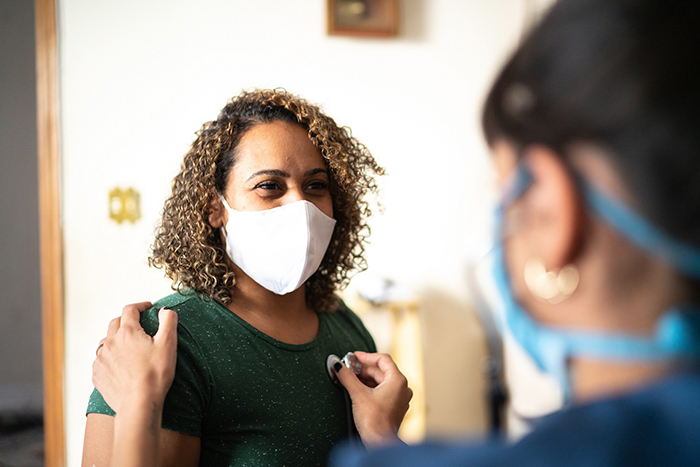Overall, your primary care physician is key to:
- Providing preventive care (including screening tests) and guidance on how to achieve a healthy lifestyle.
- Diagnosing and treating acute common medical conditions, such as cold, flu, infections, etc.
- Treatment and management of chronic diseases, such as high blood pressure, cholesterol, and diabetes.
- Determining the severity of your medical problems, so he or she can direct you to the most appropriate care provider.
- Referring you to medical specialists when conditions require more targeted treatment.
In addition, a primary care doctor ensures prescribed medications will not adversely affect other medications or supplements you may already be taking. Over time, your primary care physician learns your health history and what is most important to you and your long-term wellness. This high-level oversight ensures all of the treatments, medications, therapies, and recommendations from various providers are as effective as possible.




